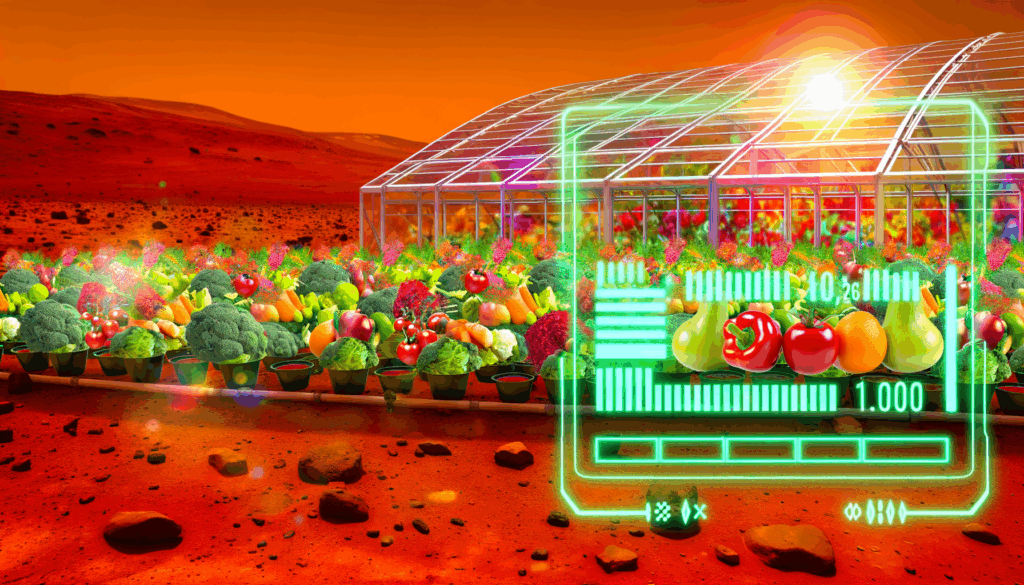Crafting Tailored Content for Diverse Dietary Preferences
In today’s health and wellness landscape, content creators and nutrition experts need to address the specific needs and preferences of various diet communities. Whether you are writing for keto enthusiasts, vegans, or those following low-carb lifestyles, producing personalized, accurate, and engaging content can significantly enhance reader engagement and trust. Utilizing tools like a calorie calculator for keto or a vegan diet calculator can empower your audience to track their nutritional intake effectively, making your content not just informative but actionable.
Understanding Key Dietary Types for Effective Content Creation
1. Keto Diet: Precision in Low-Carb, High-Fat Content
The ketogenic diet requires precise management of macronutrients, typically characterized by very low carbohydrate intake, moderate protein, and high fat consumption. When planning content for keto audiences, it’s essential to highlight the importance of tracking macros accurately. Using a calorie calculator for keto can help users balance their meals perfectly to sustain ketosis.
Real-world examples include meal prep plans focusing on ingredients rich in healthy fats such as avocados, nuts, olive oil, and coconut products. Popular keto-friendly recipes often feature dishes like zucchini noodles with avocado pesto or cauliflower rice stir-fry with tempeh. These meals cater to both the macro requirements and the flavor expectations of keto enthusiasts, including those on vegan keto diets.
2. Vegan Diet: Plant-Based Nutrient Density and Variety
For vegan audiences, content needs to emphasize diverse sources of plant-based proteins, fats, and micronutrients. Unlike keto, which restricts carbs, vegan diets can span a broad range of carbohydrate intake depending on individual preferences. Those interested in a purely vegan lifestyle often seek content about incorporating tofu, tempeh, nuts, seeds, leafy greens, and legumes effectively.
For crafted content that appeals deeply, consider integrating recipes from sources such as Berry Street’s vegan keto meal guides or practical low-carb vegan meal plans like those from Samsung Food. These examples showcase how to maintain nutrient balance while sticking to dietary restrictions.
3. Low-Carb Nutrition Tools: Bridging Flexibility and Precision
The low-carb diet sits somewhere between keto and typical vegan plans, offering more flexibility with carbohydrate sources while maintaining a healthful metabolic state. Content targeting low-carb followers benefits greatly from personalized tools such as low-carb nutrition tools that allow users to adjust macros and calories dynamically.
This approach encourages sustainable adherence by including foods like beans and certain legumes, as opposed to strict keto vegan options that limit these. The Diet Doctor’s low-carb vegan insights highlight how moderate carb intake paired with plant-based proteins can fulfill long-term dietary goals.
Creating Personalized Diet Content: Strategies and Tips
Leverage Technology for Customization
Personalized diet content thrives when you incorporate interactive elements such as calculators and customizable plans. Embedding or linking to tools like the Calorie Calculator Cloud enables your readers to input their specific details—age, weight, activity level—and receive tailored intake recommendations. This hands-on approach drastically improves user experience and engagement.
Targeted Meal Plans and Macro Breakdown
Offer detailed meal plans for different diets, including macro breakdowns. For example, a vegan keto meal plan could highlight daily fat, protein, and carbohydrate grams, supported by sample recipes:
- Monday Breakfast: Chia seed pudding with coconut milk and walnuts
- Tuesday Lunch: Kale salad with hemp seed pesto
- Wednesday Dinner: Zucchini noodles with vegan cheese and olives
And for low-carb or ketogenic dieters, list meal ideas that maintain ketosis but also adapt for vegan preferences, showcasing how to replace eggs or dairy with plant-based alternatives such as tofu or nut-based cheeses.
Offer Evidence-Based Insights and Practical Tips
Health_blog_ideas that resonate often involve busting myths, explaining nutrient interactions, and offering sustainable advice. For example, explain the role of medium-chain triglycerides (MCT oils), common in ketogenic diets, or the importance of combining different plant proteins to ensure adequate amino acid intake on vegan diets.
Also, integrating comparisons of different diet types and highlighting their unique benefits can educate your audience effectively. For example, discuss the challenges and benefits of strict keto vegan diets versus more flexible low-carb vegan approaches based on long-term feasibility.
Real-World Applications: Case Studies and Success Stories
Case Study 1: Vegan Keto Transformation
One individual, following guidelines from Blue Tree Health’s vegan keto guide, combined a personalized calorie calculator for keto with meal prepping templates. This helped them maintain ketosis while avoiding animal products. They reported better energy levels and weight management after just eight weeks.
Case Study 2: Sustainable Low-Carb Vegan Lifestyle
Another example leveraged interactive nutrition tools to balance low-carb intake with vegan protein sources, following insights from Diet Doctor’s research. By using the Calorie Calculator Plans, they adapted their intake for busy days or workout sessions, improving overall well-being and diet adherence.
Conclusion: Empowering Your Audience Through Tailored Nutrition Content
Creating content for different diet types like keto, vegan, and low-carb requires deep understanding and empathy toward the unique challenges and preferences of each group. By integrating personalized tools such as Calorie Calculator Cloud, meal plans, practical tips, and evidence-based insights, you not only inform but also empower your readers to achieve their health goals confidently.
For those looking to elevate their nutrition-focused websites or health blogs, incorporating detailed, actionable, and personalized content centered around validated nutrition calculators and real-life examples will set your work apart in a crowded digital space. Discover your best approach today and provide your community with the tailored guidance they need for lifelong health.








